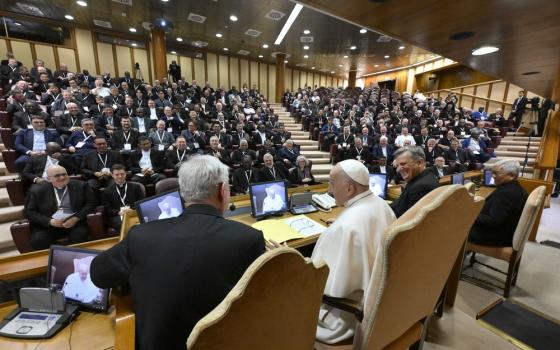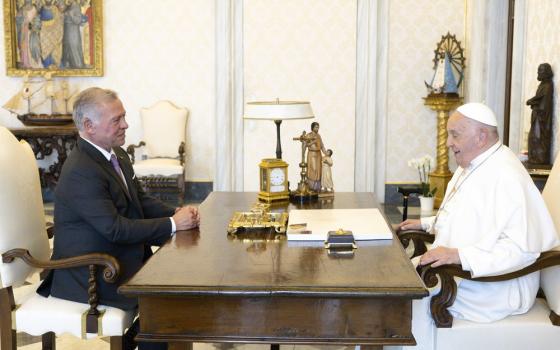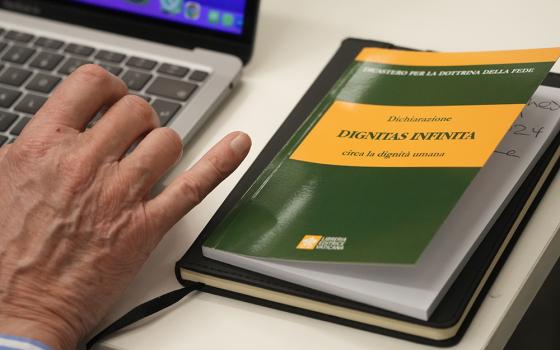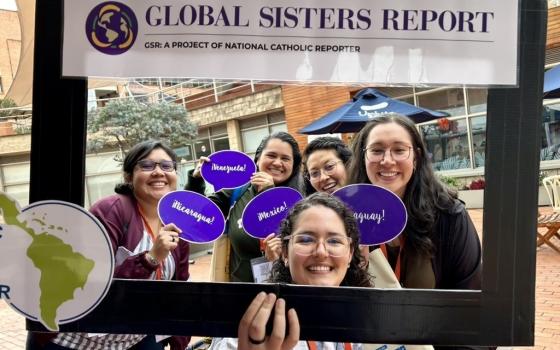With all that's wrong in the world, I will never figure out why some Vatican officials busy themselves with some of the issues they do. In recent days, the Holy See issued decrees saying that women may not go sleeveless, and men may not wear shorts, in St. Peter's Square. There are rules about the metal used to make chalices gold (I doubt that Jesus had a gold cup at the Last Supper!), and materials for vestments and all kinds of minutiae.
The latest issue has to do with what can be done with a person's ashes after cremation. There was a time when the church forbade cremation, but that day ended in 1963. There were no specific rules about what to do with a person's ashes, however — until now. This week the Vatican issued a decree: Ashes of the dead are to be kept in "sacred places," not at home, not made into jewelry or divided among family members or scattered to the wind.
This is one of these rules that causes me to say, "Huh? You're serious?" It's almost as if God could not "find" the deceased if her/his ashes were given to various relatives or scattered in a garden the deceased found inspiring, or simply put on the mantle of a fireplace to be remembered. I also wonder why the Vatican can get wrapped up in issues like this, in a world where war and poverty and a refugee crisis loom large. (Yes, I'll grant you, Pope Francis has been very attentive to these larger issues, but some folks at the Vatican apparently can't tear themselves away from the minutiae.)
These new issues, however, are significant because cremations are on the rise in the United States ... probably because they are much less expensive than the usual burial. According to the New York Daily News, "the Cremation Association of North America said last year the United States has a 49% cremation rate — nearly double the rate from 2000. The rate is projected to hit 54% by 2020."
But ashes serve as a tangible way to remember someone special. A dear friend of mine died and was cremated some years ago. Some of his ashes were taken to Central America — where he had worked. The people there wanted "some piece" of him to remain with them. It was a holy remembrance. Some of his ashes were spread in his former garden because he was a lover of the earth and a dedicated gardener. Some remained in the United States with people who thought highly of him and loved him. Some have even been used at informal Ash Wednesday services by those who knew and respected him.
As long as these ashes are used respectfully, and honor the person who is deceased, I fail to see the problem that led to this latest Vatican decree. I want to say, "Hey, let's not worry about ashes. How about more work to stop wars so that fewer people are 'cremated' by weapons?"








